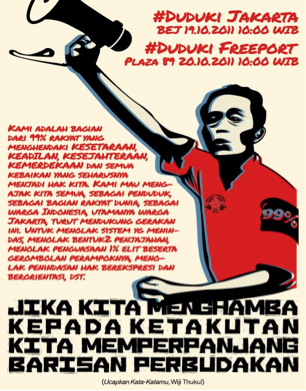
advocacy
Don’t worry if you fail to save the world on your first go. Anthropology Today 36 (4): 1–2, 2020. During these tumultuous times, many anthropologists want to use their skills and knowledge to help make a difference. This guest editorial offers 12 practical tips on doing engaged research – ranging from ‘accept that you won’t always be in charge’ to ‘listen to people with different perspectives’.
Experiments in engaged anthropology. Collaborative Anthropologies 3: 69–80, 2010. Prior understandings of anthropology as science may be seen as giving way to concerns about social justice. This has resulted in new forms of engaged anthropology, which can be described as a series of experiments in how to make ethnography politically relevant and useful. Recent changes in social movement politics have also given rise to new kinds of mobilization based neither on collective action nor identity politics. How might collaborations formed in the context of ethnographic knowledge production contribute to these new alliances? The papers in this collection ask the following questions: What are the consequences when ethnography is conceptualized as political from the outset? What would these new modes of engagement look like? How might they reshape the field of anthropology?
Anthropology and advocacy: A case study of the campaign against the Ok Tedi Mine. Critique of Anthropology 22 (2): 175–200, 2001. What are the responsibilities of anthropologists towards the communities with whom they work? This article examines debates on anthropology and advocacy in relation to the Ok Tedi copper and gold mine in Papua New Guinea. Since the early 1990s, the indigenous communities living downstream from the mine have carried out on an international political and legal campaign to reduce the mine’s environmental impact and gain compensation for the damage it has caused. I argue that neutrality may not be possible in disputes between transnational corporations and indigenous communities because of structural inequalities that make it easier for corporations to take advantage of anthropological expertise and silence opposing voices. This article invokes questions raised in recent discussions of cultural property rights to consider the proprietary responsibilities of anthropologists towards the information that they collect and the claims made on anthropologists by the subjects of their research. Finally, the article considers the implications of recent political and economic trends regarding the role of non-governmental organizations (NGOs) in monitoring international capital for anthropological activism.
Anthropologists and global alliances. Anthropology Today 12 (4): 14–16, 1996.
categories
-
advocacy
-
birds of paradise
-
climate change
-
compensation
-
conservation & development
-
corporations
-
dancing cats
-
deep sea mining
-
design ethnography
-
el salvador & icsid
-
engaged anthro (2018)
-
guyana
-
indigenous politics
-
lost tribes
-
methods
-
mining capitalism (2014)
-
ok tedi
-
place & time
-
property
-
reverse anthro (2006)
-
rumour
-
scientists & responsibility
-
students
-
suriname
-
west papua / refugees




